Wildfire Prediction And The Betting Markets: Focusing On Los Angeles
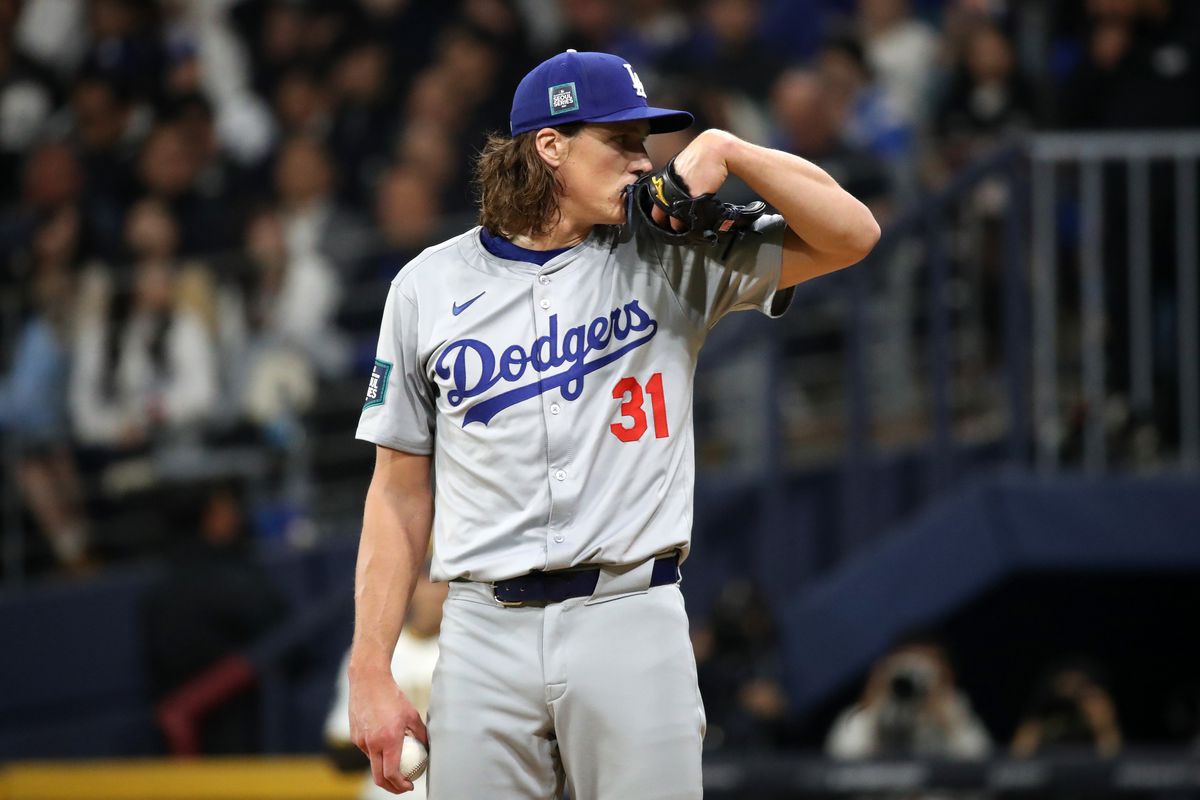
Table of Contents
Understanding Wildfire Prediction Models in Los Angeles
Predicting wildfires in Los Angeles requires sophisticated models that analyze numerous data points. Accurate forecasting is crucial for effective resource allocation and public safety.
Data Sources Used for Prediction:
The accuracy of wildfire prediction hinges on the quality and comprehensiveness of the data used. Key sources include:
- Meteorological data: Temperature, humidity, wind speed, precipitation levels, and atmospheric pressure are all critical indicators of fire risk. High temperatures, low humidity, and strong winds create ideal conditions for rapid fire spread.
- Vegetation indices: Normalized Difference Vegetation Index (NDVI) data from satellites helps assess fuel dryness and density. Dry vegetation is highly flammable and contributes significantly to wildfire intensity.
- Historical fire data: Analyzing past fire occurrences, their locations, and the contributing factors provides valuable insights into future risk patterns. This data allows for the identification of high-risk zones.
- Topographical maps: Elevation, slope, and aspect (the direction a slope faces) influence fire behavior. Steep slopes can accelerate fire spread, while aspects exposed to direct sunlight tend to be drier.
- Drought indices: Metrics like the Palmer Drought Severity Index (PDSI) quantify the severity and duration of drought conditions, which are major drivers of wildfire risk.
These data sources are integrated into predictive models, often developed by organizations such as the National Weather Service and Cal Fire, to generate probability-based forecasts. However, it's important to understand the limitations of these models.
Accuracy and Limitations of Wildfire Predictions:
While prediction models are improving, several factors limit their accuracy:
- Unpredictable weather patterns: Sudden shifts in wind direction or unexpected lightning strikes can dramatically alter fire behavior, making accurate long-term prediction challenging.
- Human factors: Arson and accidental ignitions remain significant contributors to wildfires, adding an element of unpredictability that models struggle to account for.
- Fuel variability: The composition and density of vegetation can vary significantly across landscapes, making it difficult to model fuel behavior consistently.
Wildfire predictions are inherently probabilistic, offering a range of likelihoods rather than definitive forecasts. Prediction timelines vary, with short-term forecasts (days to weeks) being more reliable than long-term predictions (months to years).
The Rise of Wildfire Betting Markets
The increasing sophistication of wildfire prediction has led to the emergence of betting markets focused on wildfire risk. These markets present opportunities for both informed speculation and potential risk management.
Types of Bets Offered:
Wildfire betting markets offer various bet types, often based on:
- Likelihood of a wildfire in a specific region: Bettors wager on the probability of a wildfire occurring within a defined geographical area during a specific timeframe.
- Size of a wildfire: Bets might focus on the total acreage burned, with varying odds depending on the predicted size.
- Total number of wildfires in a season: Bettors can predict the overall number of wildfires in a given season within a region.
Odds and payouts reflect the perceived risk, influenced by factors such as the current drought conditions, weather forecasts, and historical fire data. The mechanisms are similar to other prediction markets, but with the added layer of significant real-world consequences.
Ethical and Societal Implications of Wildfire Betting:
The existence of wildfire betting markets raises significant ethical and societal concerns:
- Irresponsible behavior: The potential for irresponsible behavior, such as intentionally starting fires to influence outcomes, is a major concern.
- Exacerbating inequalities: Those most vulnerable to wildfire impacts are often the least equipped to engage in such markets. This can exacerbate existing social and economic inequalities.
- Moral implications: Profiting from natural disasters raises serious moral questions about the commodification of risk and suffering.
Regulation of these markets is crucial to mitigate these risks and ensure responsible engagement.
Analyzing Wildfire Risk in Specific Los Angeles Areas
Los Angeles County encompasses diverse terrain, with significant variations in wildfire risk. Certain areas are far more vulnerable than others.
High-Risk Zones in Los Angeles County:
Several areas are notorious for their high wildfire risk:
- Santa Monica Mountains: The dry chaparral vegetation, steep slopes, and proximity to urban areas make this region particularly vulnerable.
- Angeles National Forest: Extensive areas of dense forest and brush, combined with dry conditions, pose a significant fire threat.
- San Gabriel Mountains: Similar to the Angeles National Forest, this area faces significant risks due to its topography and vegetation.
These areas often have higher insurance premiums and stricter building codes to mitigate wildfire risks.
Impact of Urban Sprawl and Climate Change:
Urban sprawl and climate change exacerbate wildfire risk in Los Angeles:
- Urban development: Increased housing density in wildland-urban interface (WUI) areas expands the potential impact of wildfires and increases the risk to human lives and property.
- Climate change: Rising temperatures, prolonged droughts, and intensified heatwaves contribute to drier vegetation and create more favorable conditions for ignition and rapid fire spread. These factors directly influence the odds in wildfire betting markets.
Practical Applications and Future Trends
Wildfire prediction data serves crucial purposes beyond betting markets.
Using Predictions for Insurance and Mitigation:
Wildfire prediction plays an essential role in:
- Insurance pricing: Insurance companies use predictive models to assess risk and adjust premiums accordingly.
- Preventative measures: Data informs resource allocation for wildfire prevention efforts, including controlled burns and community preparedness programs.
Accurate predictions are crucial for reducing wildfire damage and improving community resilience.
The Future of Wildfire Prediction and Betting:
Advancements in technology and data analysis are likely to improve wildfire prediction accuracy:
- Improved predictive models: The integration of more sophisticated data sources and advanced machine learning techniques will lead to better forecasts.
- Enhanced regulations: The development of more robust regulations for wildfire betting markets will be vital to ensure ethical and responsible operation.
- Data integration for risk assessment: Combining wildfire predictions with other risk assessments, such as those related to infrastructure vulnerability and evacuation planning, can improve overall disaster preparedness.
The intersection of wildfire prediction and betting markets will continue to evolve, with implications for both risk management and public policy.
Conclusion
This article has explored the complex relationship between wildfire prediction and the burgeoning betting markets in Los Angeles. We've examined the data driving prediction models, the types of bets offered, the ethical considerations, high-risk areas, and the application of predictive data for insurance and mitigation efforts. Understanding the limitations of wildfire prediction, in both practical terms and within the context of the betting markets, is critical. Stay informed about wildfire prediction and the evolving Los Angeles betting markets to make responsible decisions. Learn more about accurate wildfire prediction and responsible engagement with the betting markets.

Featured Posts
-
 A Side Hustle Access To Elon Musks Private Companies
Apr 26, 2025
A Side Hustle Access To Elon Musks Private Companies
Apr 26, 2025 -
 Deion Sanders Son Shedeur A Different Kind Of Success
Apr 26, 2025
Deion Sanders Son Shedeur A Different Kind Of Success
Apr 26, 2025 -
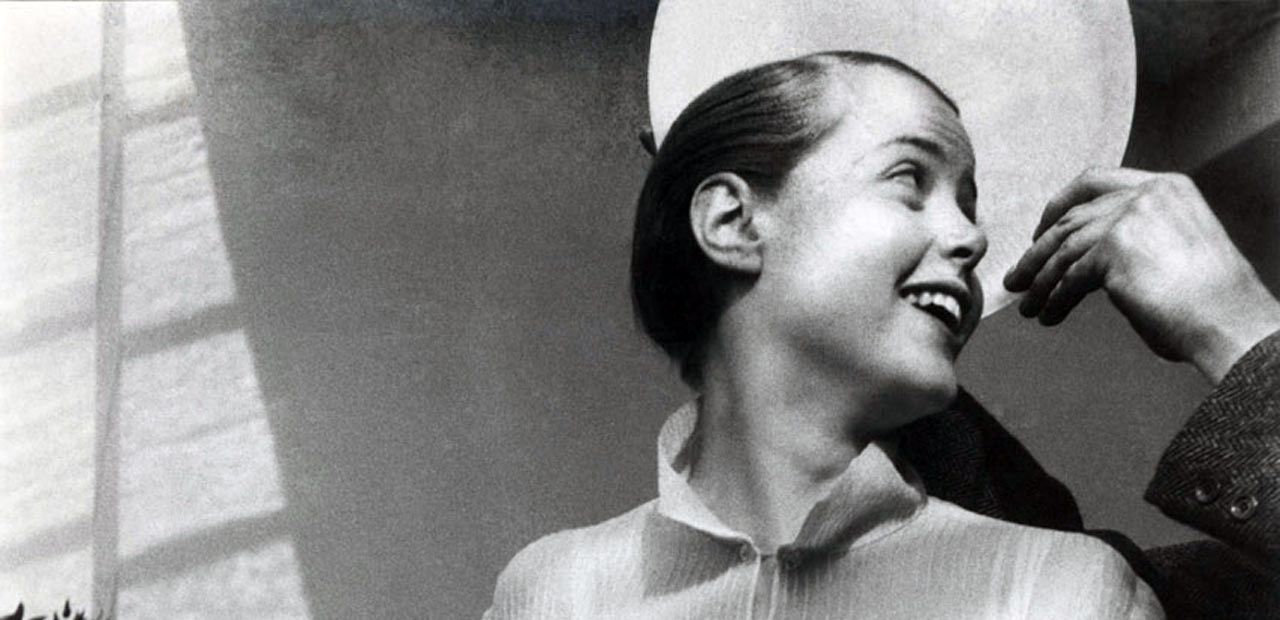 Charlotte Perriand Honored By Saint Laurent At Milan Design Week 2025
Apr 26, 2025
Charlotte Perriand Honored By Saint Laurent At Milan Design Week 2025
Apr 26, 2025 -
 127 Years Of Brewing Anchor Brewing Companys Closure Announced
Apr 26, 2025
127 Years Of Brewing Anchor Brewing Companys Closure Announced
Apr 26, 2025 -
 Nepo Babies Dominating Television Right Now
Apr 26, 2025
Nepo Babies Dominating Television Right Now
Apr 26, 2025
Latest Posts
-
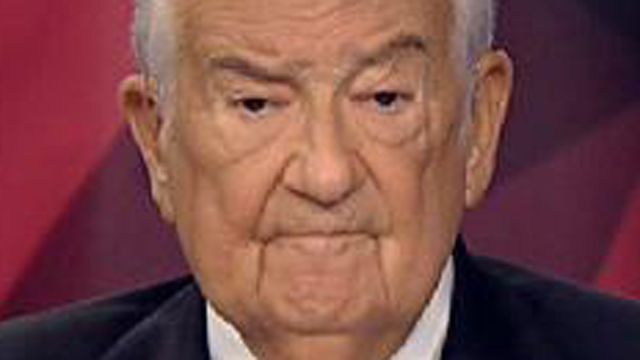 Nbc Los Angeles Hhs Taps Anti Vaccine Activist To Investigate Discredited Autism Vaccine Link
Apr 27, 2025
Nbc Los Angeles Hhs Taps Anti Vaccine Activist To Investigate Discredited Autism Vaccine Link
Apr 27, 2025 -
 Nbc 5 Dallas Fort Worth Reports Hhs Selects Anti Vaccine Advocate To Investigate Autism Vaccine Link
Apr 27, 2025
Nbc 5 Dallas Fort Worth Reports Hhs Selects Anti Vaccine Advocate To Investigate Autism Vaccine Link
Apr 27, 2025 -
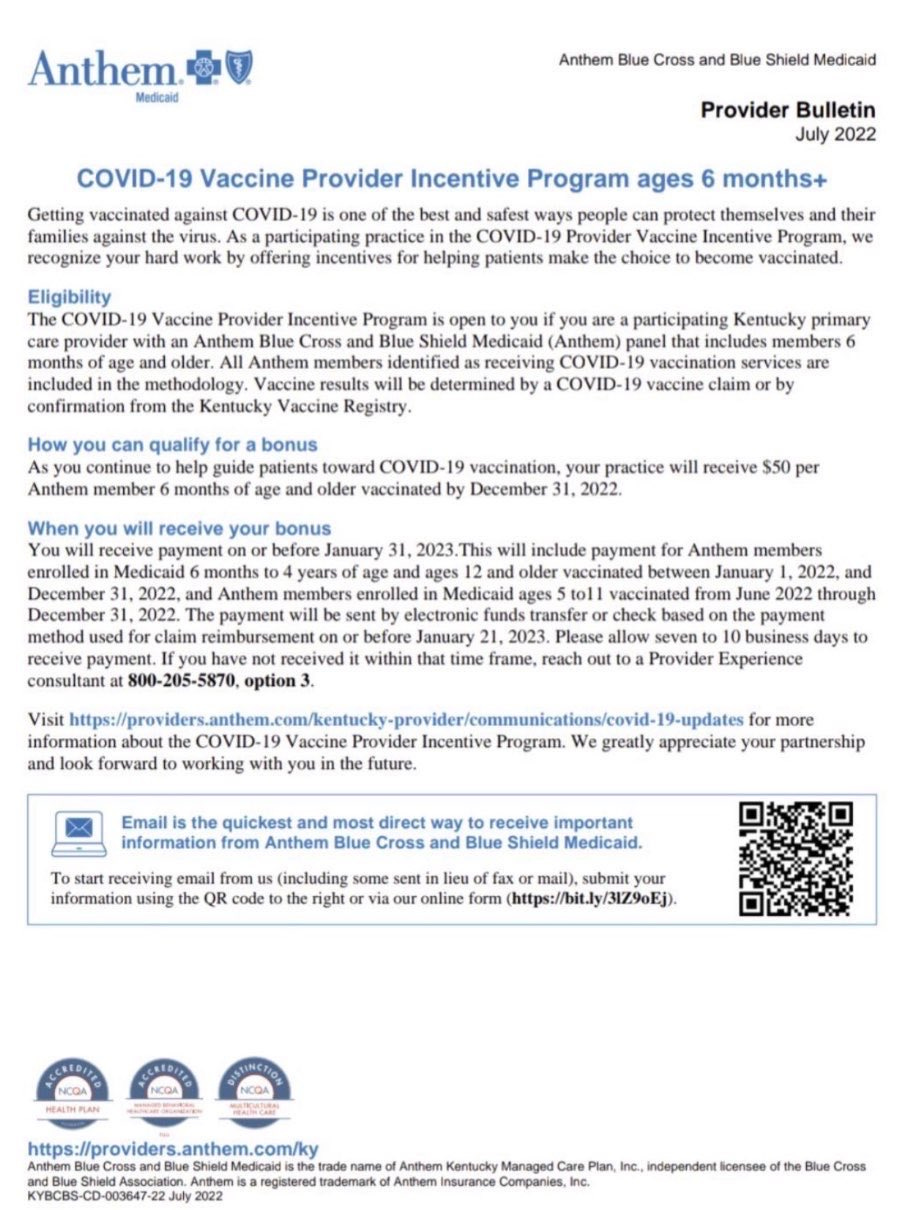 Anti Vaccine Activists Role In Hhs Review Of Autism Vaccine Claims Sparks Outrage
Apr 27, 2025
Anti Vaccine Activists Role In Hhs Review Of Autism Vaccine Claims Sparks Outrage
Apr 27, 2025 -
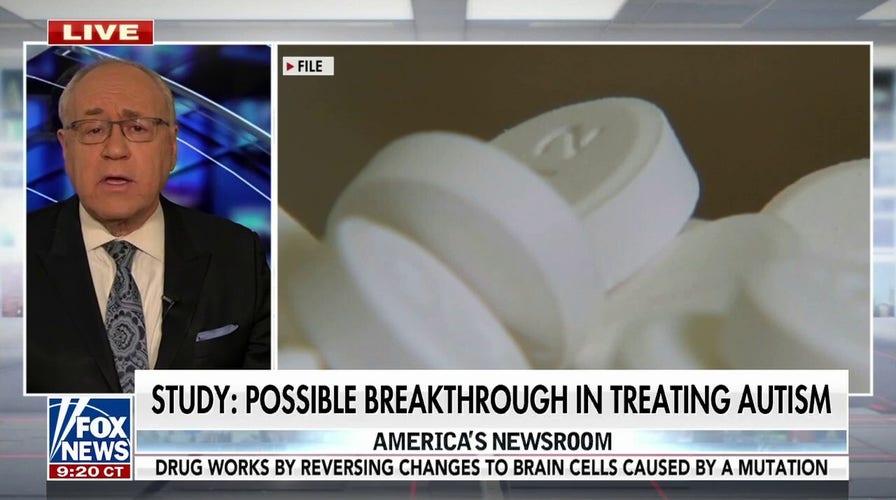 Hhss Controversial Choice Anti Vaccine Advocate To Examine Debunked Autism Vaccine Connection
Apr 27, 2025
Hhss Controversial Choice Anti Vaccine Advocate To Examine Debunked Autism Vaccine Connection
Apr 27, 2025 -
 Public Health Concerns Evaluating The Credentials Of The Cdcs New Vaccine Study Hire
Apr 27, 2025
Public Health Concerns Evaluating The Credentials Of The Cdcs New Vaccine Study Hire
Apr 27, 2025
